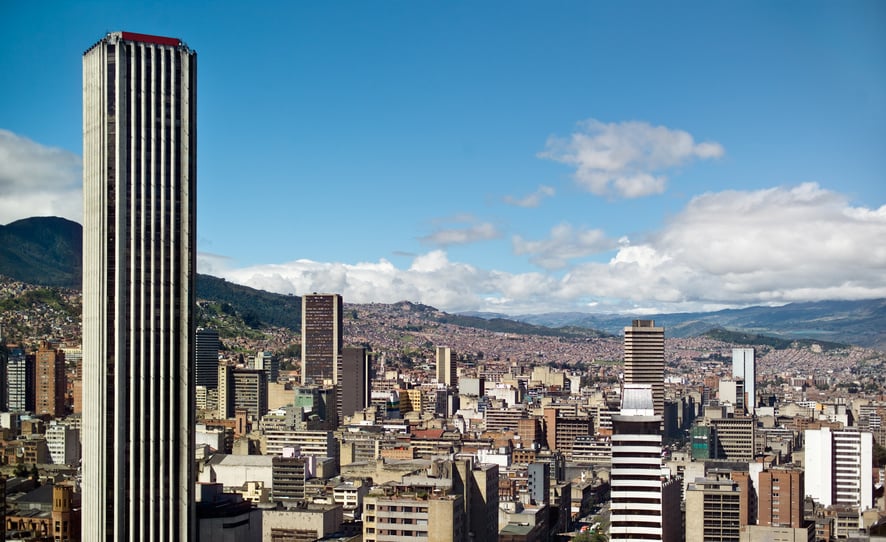On 29 January 2024, through Resolution No. 51/2024 (Resolution), the Secretariat of Commerce repealed a series of provisions and resolutions, with the purpose of reducing bureaucracy and simplifying the processes of the entire production and consumption chain. Within the framework of the Decree of Necessity and Urgency No. 70/2023 and the bill of “Bases and Starting Points for the freedom of Argentines”, which were recently promoted by the Executive Branch of the Nation, the Secretariat by means of the Resolution repealed more than 50 provisions and resolutions issued under its competence. This is in order to reduce bureaucracy and simplify the production processes in relation to consumer and to promote the elimination of certain obstacles and barriers within the trade industry.
In the framework of the global pandemic and given the continuing rise of COVID-19 cases in Argentina, the national government through Decree 81/2021 establishes the preventive measures applicable between 12 June and 2 June 2021, extending the measures approved by means of Decree 287/2021.
Argentina is set to join with a new law the list of countries that have approved regulations to favor and accelerate the research, development and acquisition of Covid-19 vaccines. In a recent law approved by the Senate (which has yet to be promulgated by the President), broad and exceptional powers have been granted to the National Executive Power (the “Executive”) to negotiate the expedited purchase of such vaccines. The law authorizes to extend jurisdiction in favor of foreign judicial and arbitration tribunals and to agree to indemnities in favor of the entities that have developed or that sell the vaccines to the Executive. In addition, an exceptional procedure for the emergency regulatory approval of such vaccines was enacted.
The COVID-19 pandemic has affected all countries in Latin America. Administrative measures that limit or restrict economic activity have been adopted in most countries. Only some activities or industries have been able to continue operating, while the rest of the companies are waiting for the restrictions to be lifted in…
In view of the health crisis in Latin America following to the outbreak of COVID-19, as well as the economic and social impacts of this situation, many people and companies have expressed interest in collaborating with the governments to support their goal of preventing and controlling the spread of the…
The current climate surrounding the COVID-19 crisis requires a significant level of flexibility in contractual relationships to provide flexibility regarding public procurement regulations for directly purchasing procedures for goods and services. Guidelines for directly executing contracts and a range of options available to contracting authorities.



